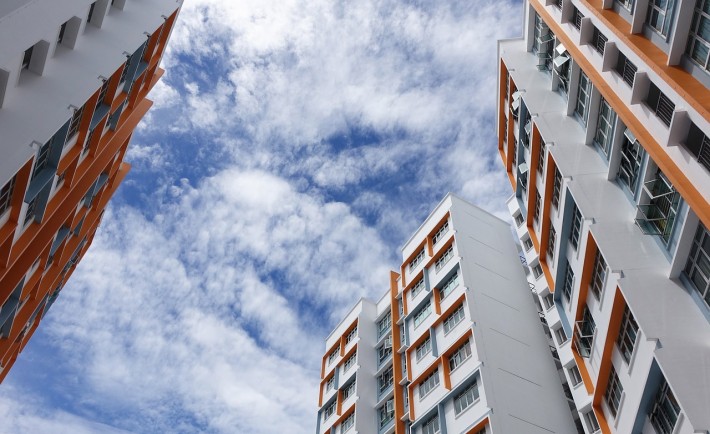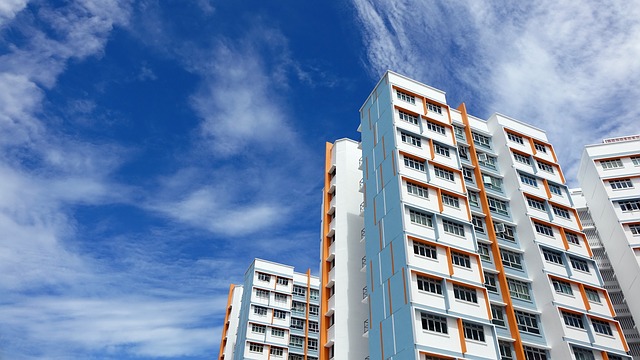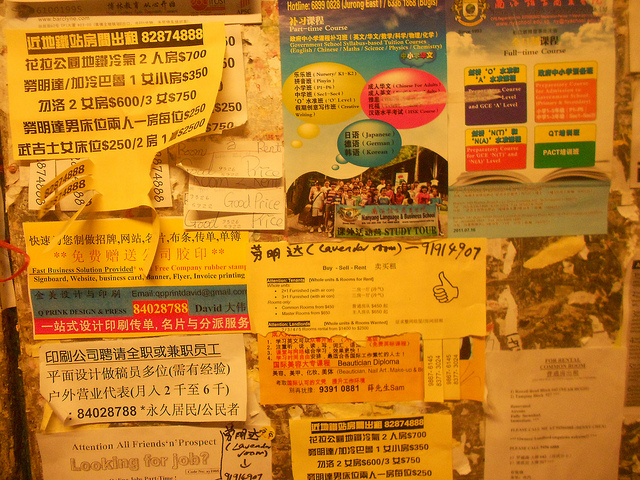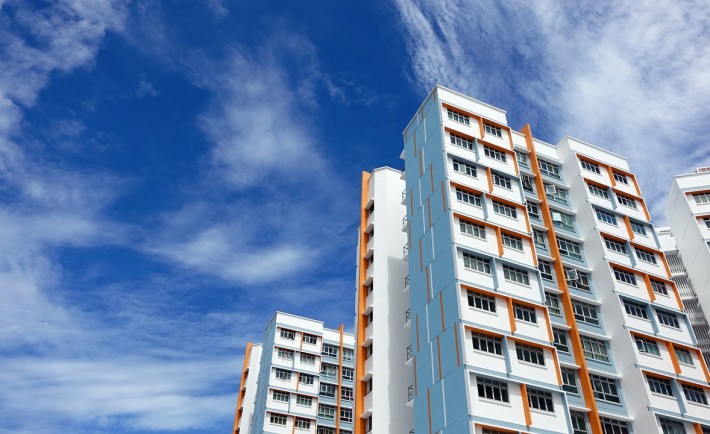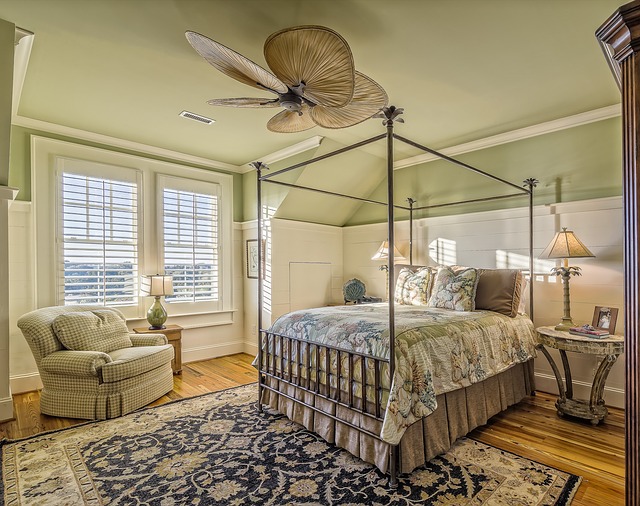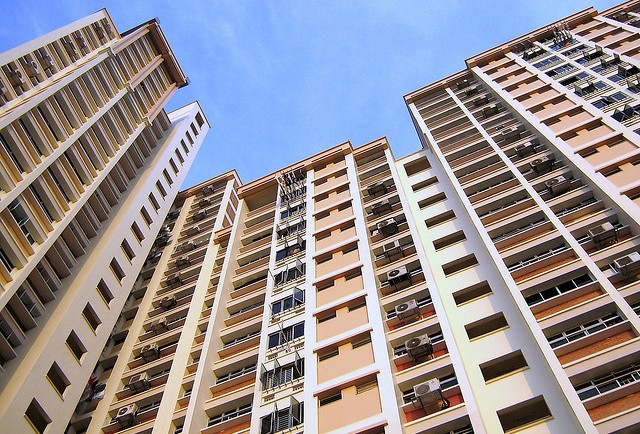As most of you may know, public housings (excluding the executive condominiums) are usually built without the amenities of the private condominiums such as swimming pools, tennis courts, and playgrounds.
Aside from these varied amenities, there are other noticeable differences you must take into consideration when purchasing a home in Singapore. Here are some of them:
1. FINANCIAL GAINS
Whether the purpose of your purchase is solely for your occupation or for your investment, you are surely hoping that your property will increase in value as years go by. According to recent evidence, private condominiums surpassed HDBs (Housing and Development Board) in terms of capital gains. This is observed in almost every locations.
Why is this so?
Well, since HDBs are subsidized by the government, foreigners are not allowed to purchase them. So the higher gains of private condominiums in a period of time may be due to the broader range of buyers it cater to. In contrast with HDBs, you can rent out your private flat with no limitations and no minimum years of stay! These things make private condominiums a better choice for property investment alone.
2. RESTRICTIONS FOR FOREIGNERS
Landed properties are stricter to foreigners too as they need the government’s permission from the Land Dealings Approval Unit. Quoting the Singapore Land Authority:
“The ownership of such properties (landed residential properties) by foreigners is restricted to those who make adequate economic contribution to Singapore. The ownership restrictions are provided in the Residential Property Act.”
While private condominiums are more flexible to foreigners as they just need to pay the Additional Buyer’s Stamp Duty.
3. OCCUPANCY REGULATIONS
If you are going to sell your home, there are notable differences between private and public flats. For public housing, in order to rent out your entire flat or sell it, you must first occupy the property for at least 5 years. While for private housing, there is no minimum amount of occupancy. Your only main concern is the Seller Stamp Duty that you are selling your private flat within the first four years of purchase.
4. CPF SCHEMES
The Central Provident Fund (CPF) has two distinct schemes for private and public housing. For buying new or resale HDBs, you can avail the Public Housing Scheme (PHS) wherein you can use your CPF Ordinary Account. Use the PHS to finance the flat’s purchase price, housing loan instalments, stamp duty, legal fees, and other upgrading costs. But this comes with two catches: valuation and withdrawal limits.
On the other hand, Private Properties Scheme (PPS) to buy or build private properties for either personal or investment purposes. Use the PPS to pay the flat’s purchase price, housing loan instalments, construction loan, stamp duty, legal fees, and other upgrading costs. As the PHS, PPS comes with valuation and withdrawal limits.
May this guide help you to decide the housing type that suits you best! 🙂

